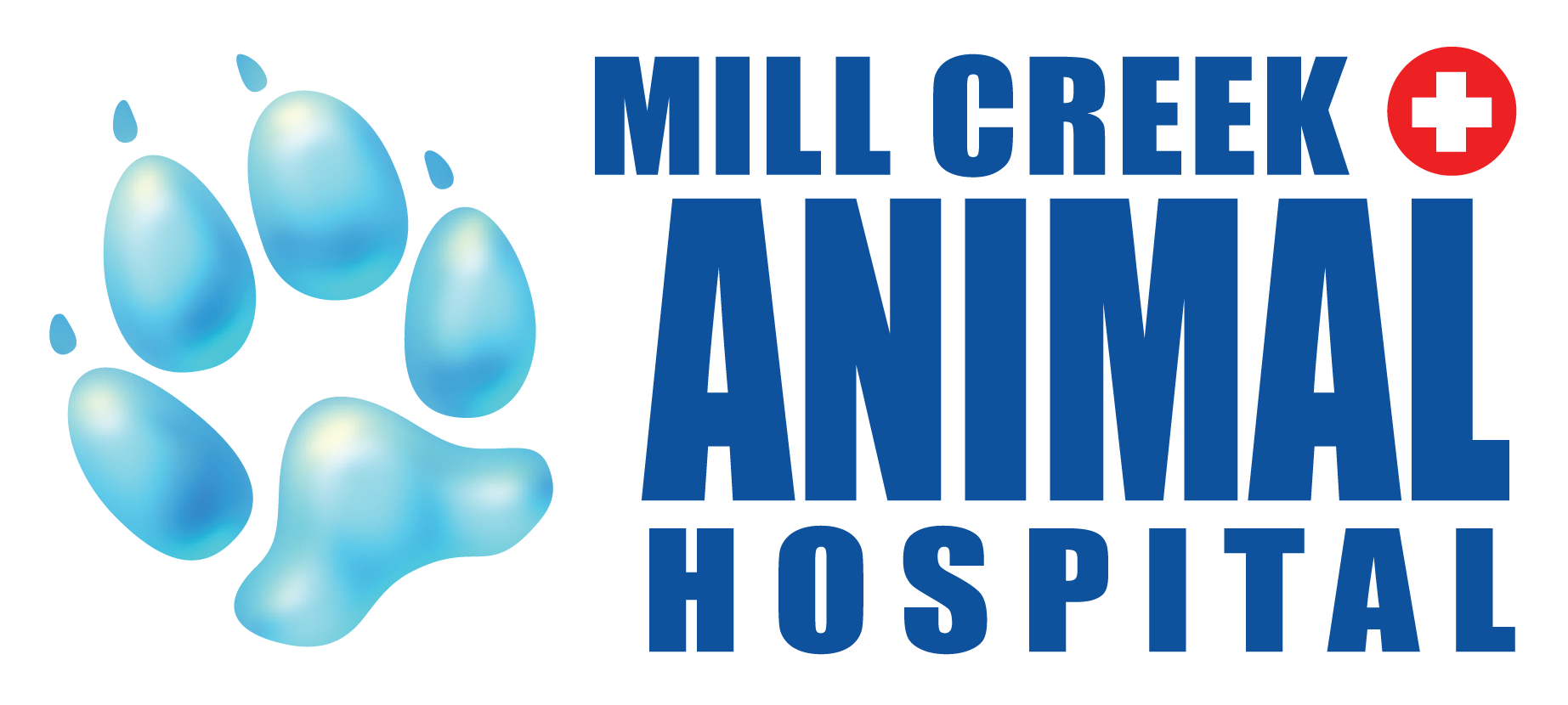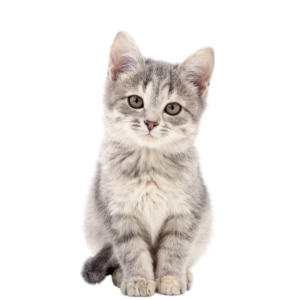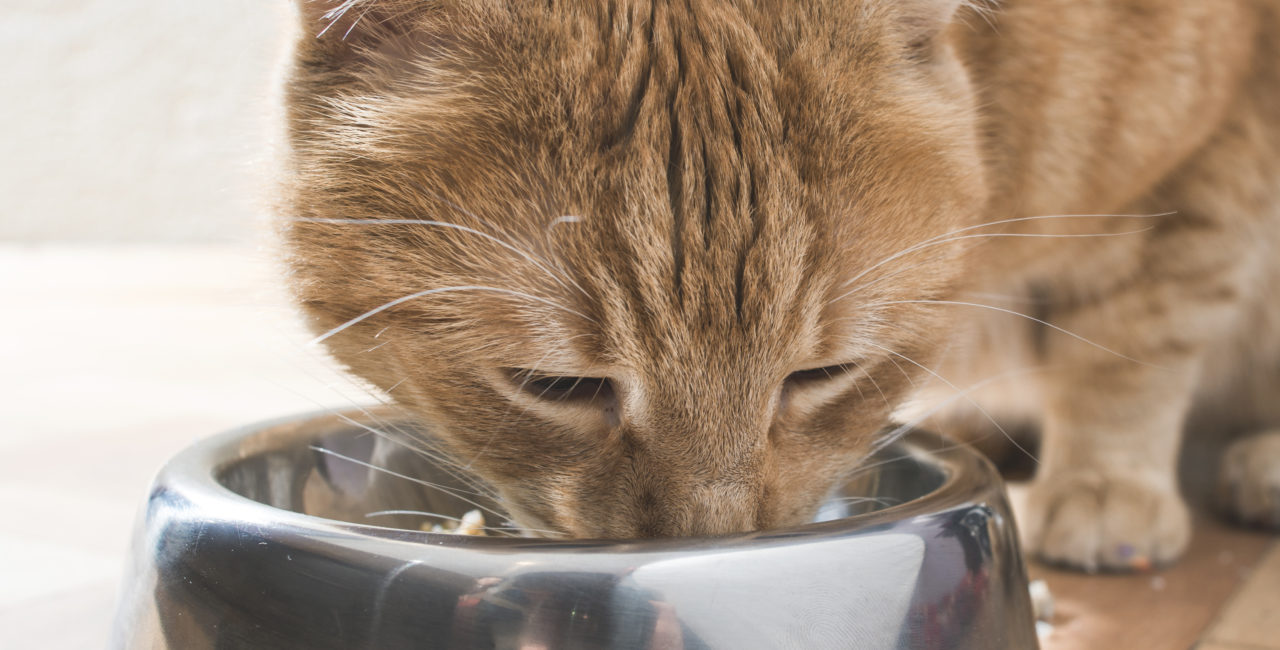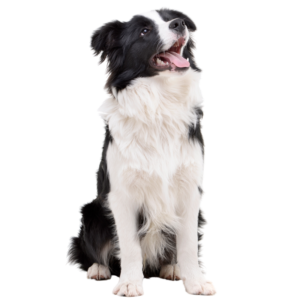When you come into the clinic for an appointment- whether it’s for a wellness exam or because there are problems at home, we often ask what is being fed at home. It is important to know what your pet is being fed- their primary diet, treats they get, even what table scraps are given. Every single thing that goes into their mouth can make a difference for their skin, digestive tract, bones, and even their teeth. Some pets may need to avoid certain ingredients due to allergies or sensitivities, and require a hypoallergenic diet. Depending on their life stage or if they have a disease, they may need more or less of specific ingredients as well.
It is important to feed young animals puppy and kitten food specifically to help them grow strong and healthy. Anti-oxidants and milk proteins help support the developing immune system, DHA (an omega-3 fatty acid) found in mother’s milk aids in brain and vision development, and glucosamine for healthy growing joints are all found in optimal levels in puppy and kitten food.
Pets 1-7 years old with no health problems can usually be maintained on an adult food or a dental diet. Dental diet kibble is made larger so that the animal has to chew more, resulting in more plaque being scrubbed off of the teeth. It is also constructed a special way so that the fibers do not crumble when bit and act like a toothbrush against the tooth.
Typically pets are considered senior from age 7 and up, varying with breed. Senior diets have more glucosamine for aging joints, and some have botanical oils to aid in cognitive function. Older pets may also need added fiber to avoid constipation, or wet food to increase hydration.
There are also other specialized diets that are commonly recommended, depending on what effect is being targeted. Urinary diets produce dilute urine to help prevent crystal and stone formation, have added omega-3 fatty acids to help reduce inflammation, and promote optimal pH levels (certain crystals form in certain pH levels). A diabetic cat may be recommended to be on a diet with high protein and low carbohydrate levels. Gastrointestinal diets often have moderate fat, low fiber and high digestibility. They are often recommended for pets that are vomiting, have diarrhea, or have easily upset stomachs.
There are many other unmentioned specialty diets that could be the solution to your pet’s problem, and that is why we take into consideration every aspect of your pet’s life when deciding what diet to recommend. Whatever the concern may be with your pet, the diet that is recommended has been chosen for a reason and it is important to follow recommendations to ensure that we are helping solve the problem and not contributing to it. If ever you have concerns about your pet, including what is being fed, an exam and consultation with your veterinarian is the best route to take to help find out what is best for your pet.



